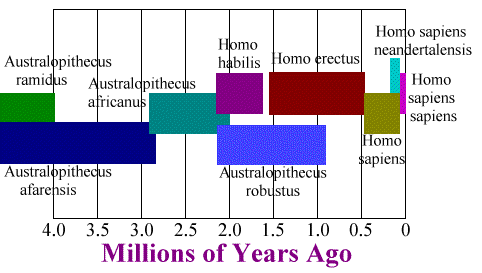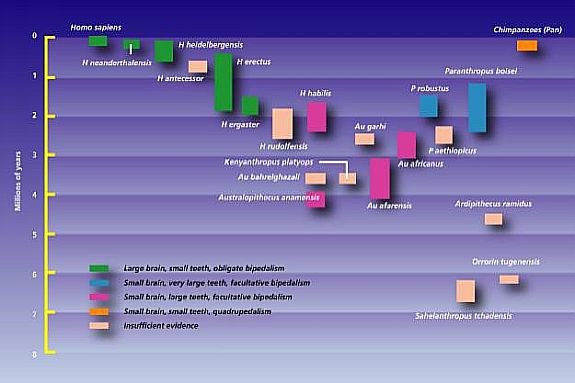BlaznFattyz
Member
i would say yes.. science fails on two main points. #1 the big bang or the beginning - in science, you cannot create something from nothing. so that points to a higher power making something happen #2 the statistics against a planet giving life such as to the level of humans - in science the statistics are staggering, they had to create alternate universes to come up with more infinite rolling of the dice. God created humans for a reason and everything for us to enjoy, look after, and discover. #3 For science proving there is a God there is intelligent design that shows there is an artist, a poet, a mathematician, engineer, an all knowing God that created the universe and left his initials on all of creation such as an artist signs a painting. There is intelligent design to everything created, that is not random, but rather it is purposely, intricately, and thoughtfully created.



